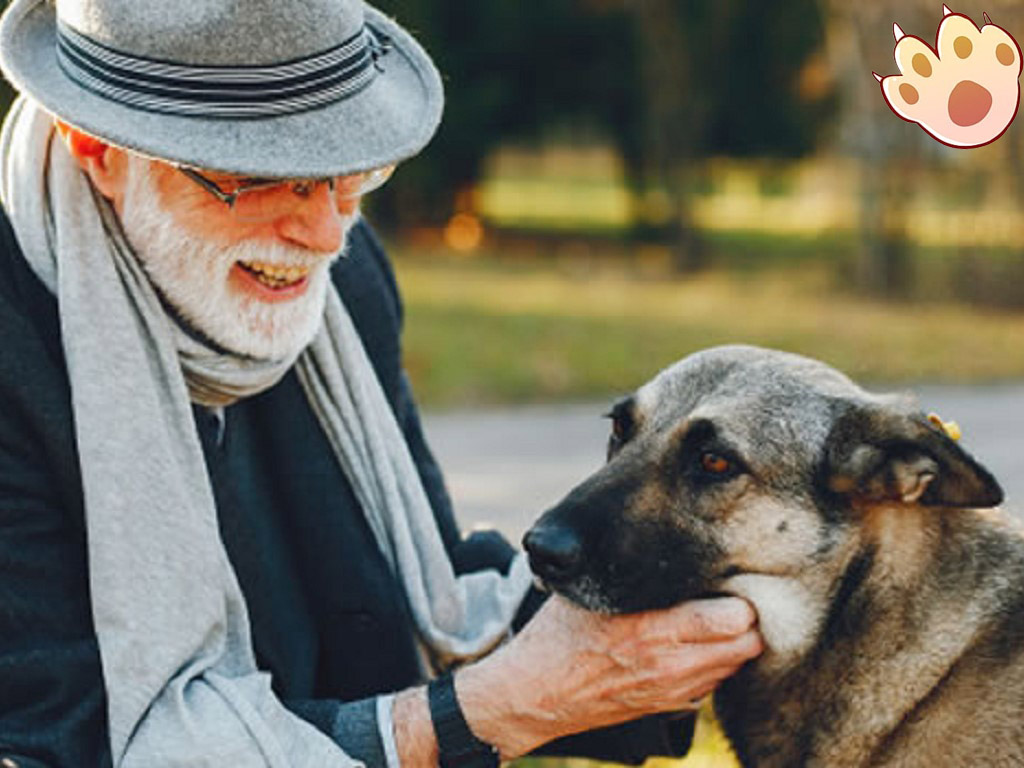
Just like human beings, dogs begin to slow down with age. As your loyal dog grows older, the face that once had a dark muzzle may now show silvery hairs, and their once-brisk pace might become slower and more careful. Aging is natural process, but it does not mean your dog’s golden years are behind them. With proper caring and attention, senior dogs can keep healthy, comfortable and happy in their old age.
The following are some ways to care for older dogs - from nutrition and exercise to emotional support and home adjustments.
This video is owned by the original creator on YouTube and is embedded in compliance with YouTube's Terms of Service. Our website provides independent commentary and analysis.
1.Feed Your Older Dog A Healthy Diet
As dogs grow older, their dietary needs change. Their activity level and energy requirements decrease, which may lead to weight gain. Overweight and obesity can lead to heart disease, or may cause joint problems, such as arthritis.
To help your dog maintain right weight and ensure a balanced diet, always stick to hight-quality dog food and follow the recommended daily dosage for your dog's age.
We suggest dividing your dog’s daily food into several smaller meals insted of just two a day. This can reduce the strain on their digestve system and prevents overeating. This also can reduce their urge to forage and keep them satisfied throughout the day.
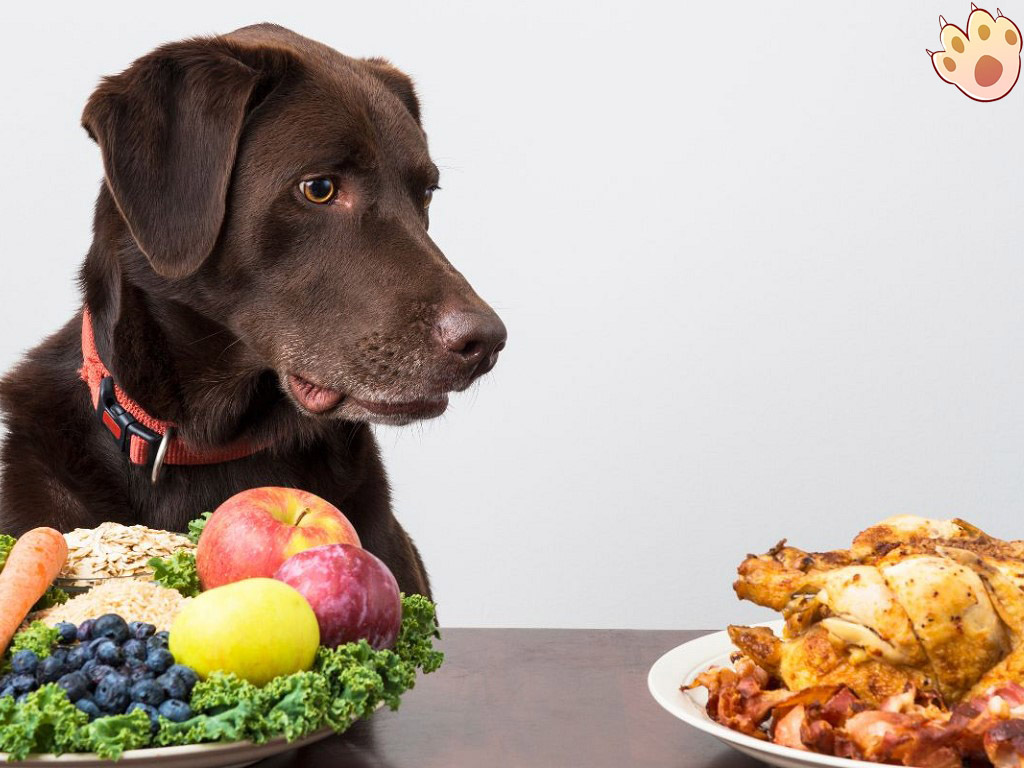
2.Ensure Your Older Dog Is Hydrated
Always provide your dog with fresh, clean water. Dogs that eat dry food usually drink more water than thoes fed wet food, and most dogs drink more water on hot days. If you find any changes in your dog's water intake, measure it accurately over a 24-hour period and contact the vet for advice.
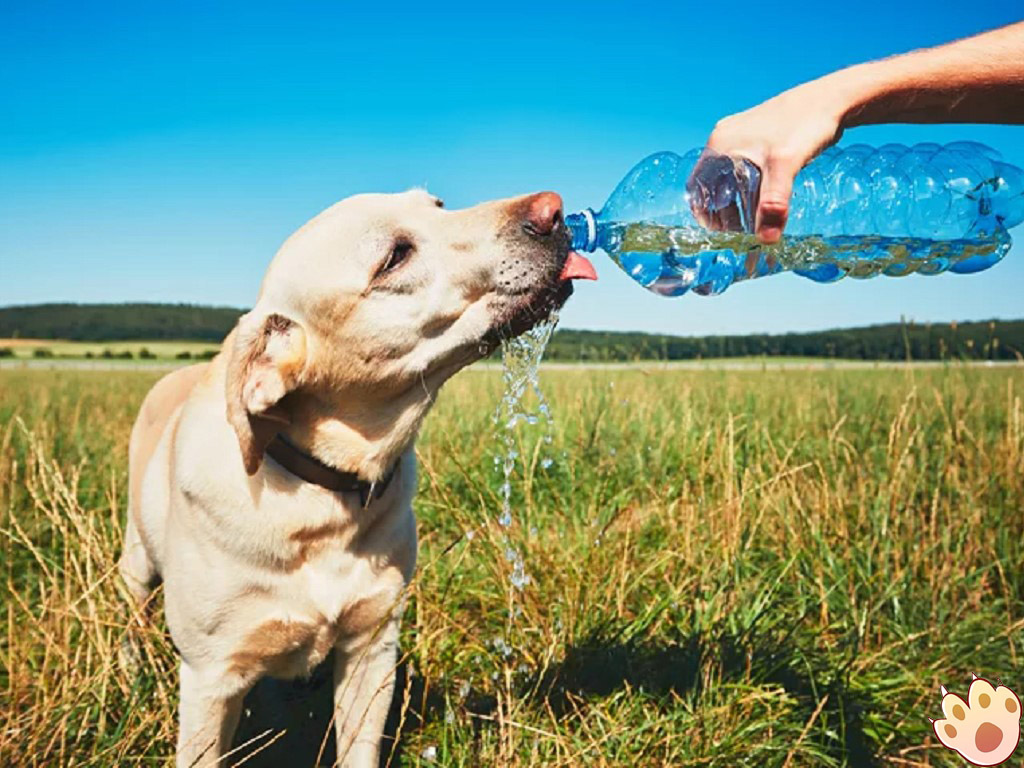
3.Continue Daily Exercise to Keep Your Older Dog Active
Regular exercise is helpful to keep your dog healthy, matian their muscle tone, and support joint health. In addition, exercise also prevent your dog from becoming overweight. The following are some things to keep in mind when exercising your senior dog:
• Senior dog may show signs of stiffness after strenuous exercise, such as free running. Monitor their condition and switch to a gentler mix of exercise if required.
• Walking the dog should be done in small amounts and more often. Dogs that exercise the same amout each day are easier to keep active than that with inconsistent routines. Therefore, we suggest keeping moderate and regular exercise for your dog.
• As your dog getting older, they may experience some degree of hearing loss. It may mean their memory is not as good as before. Continue to reinforce the recall commands, but make sure to choose safe places to free running with your dog.
• Your older dog may need extra help when going up and down stairs or jumping into the car. If your dog shows signs of stiffness or discomfort, contact your vet for advice about appropriate exercise.
• Older dogs are more easily affected by extreme weather, whether it’s hot or cold. Keep this in mind when planning outdoor activities to ensure your dog stays comfortable.
• At last, we suggest avoiding playing ball toss and chase games. Sniffing pads and puzzles are the best games to keep your dog mentally engaged and minimize their joint stress.
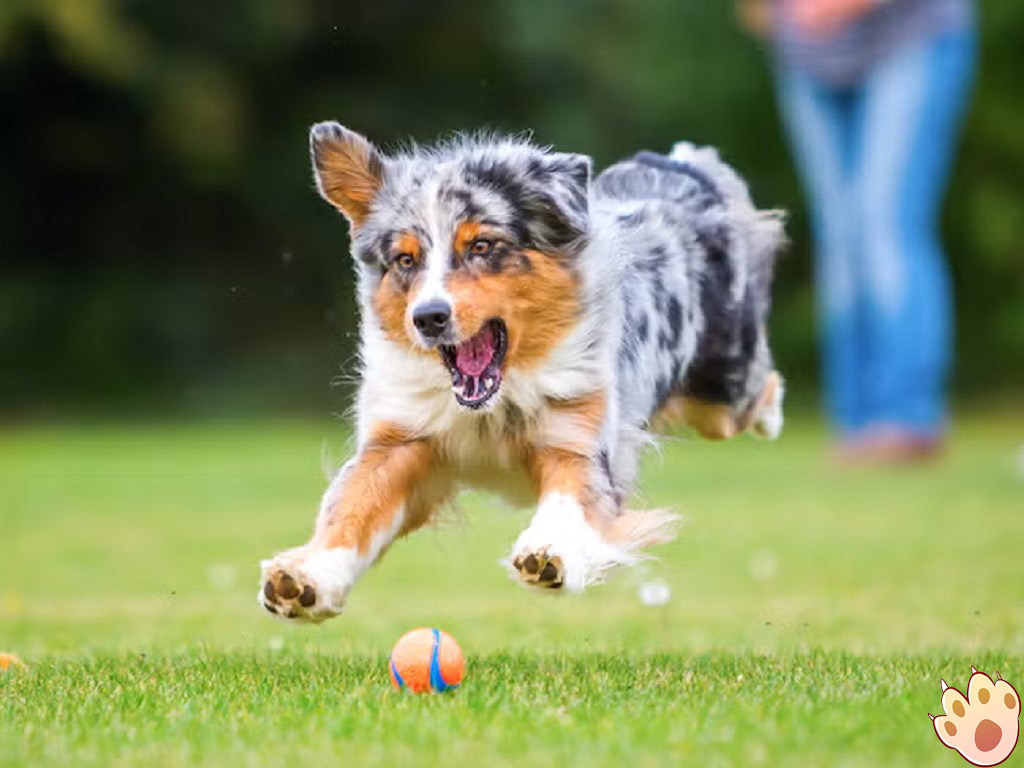
4.Keep Your Ageing Dog Comfortable
Set a warm, ventilated and quiet resting place for your older dog. Senior dogs need more rest than younger ones, so make sure they have a peaceful area away from noise, children, and other pets.
Older dogs may lose the ability to control their intestines and bladder, for example, due to kidney disease or cognitive impairment. If your dog becomes incontinent, the bedding should be easily washable. Provide your older dog with soft bedding, such as memory foam dog bed which can help prevent ulcers on your dog's elbows and hocks.
If your dog no longer gets up often to greet guests, allow them to rest comfortably and undisturbed on their bed.
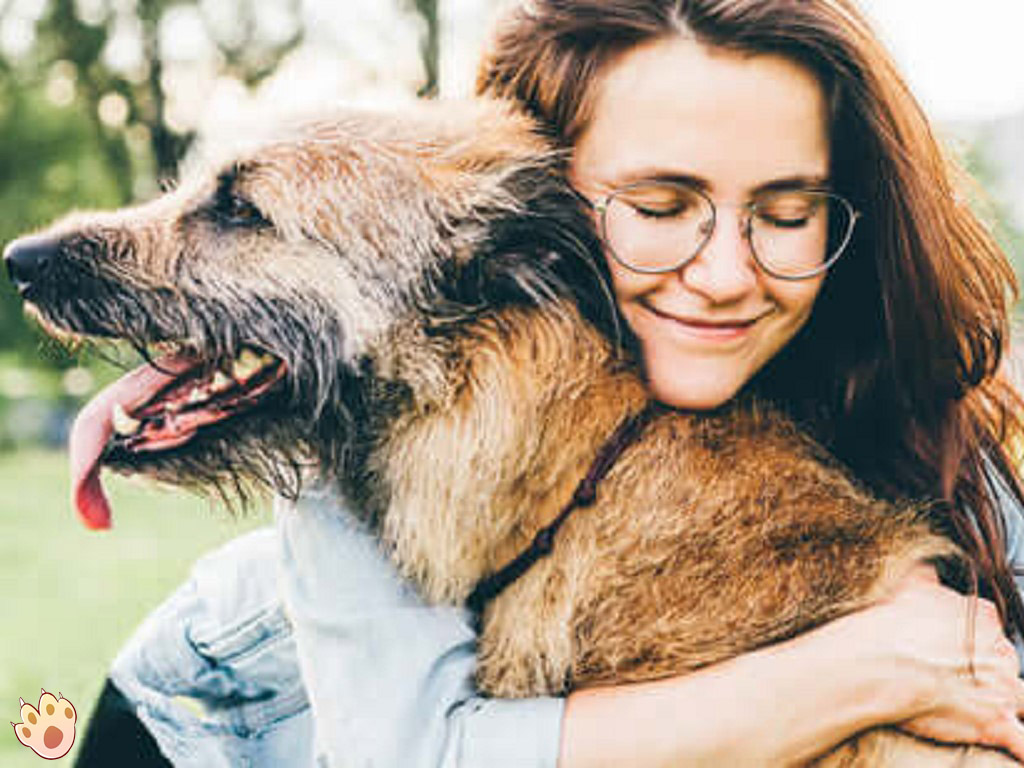
5.Groom Your Senior Dog Regularly
Older dogs may not groom themselves as well or as often as they used to, so daily grooming is important for keeping their skin and coat healthy. Regular grooming is also helpful for promoting blood circulation and provides a chance to check for any bump or other abnormalities on your dog’s body. If you find a bump, pay close attention to any changes in its shape or size, and contact your veterinary for advice or treatment.
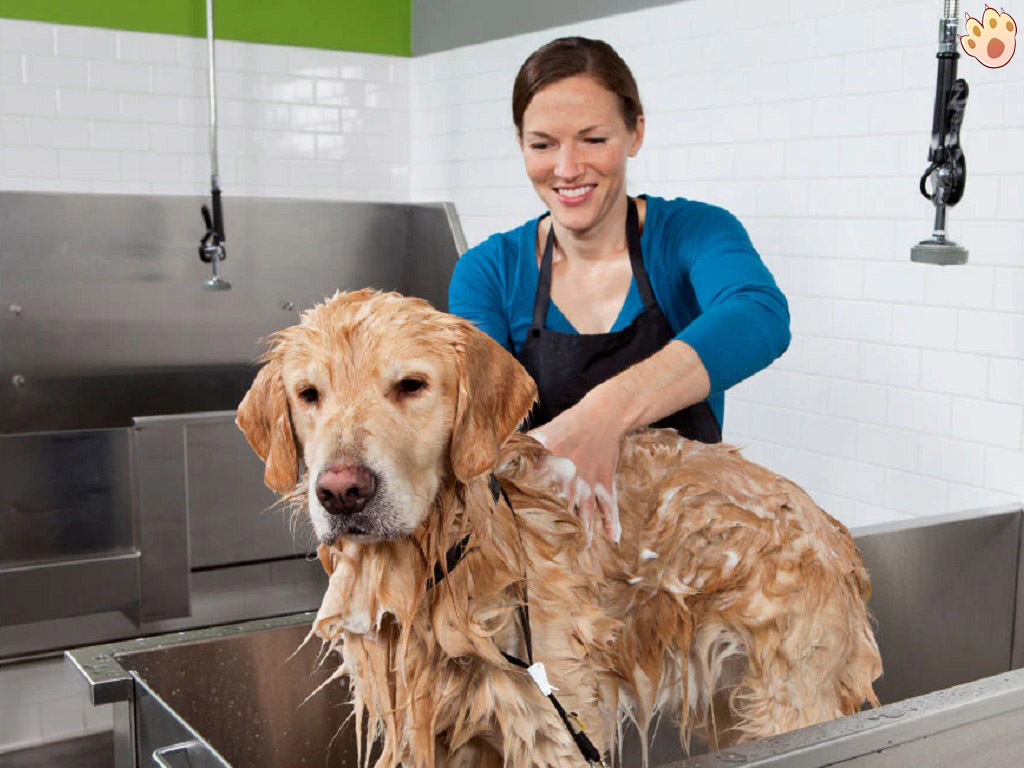
6.Take Care of Your Senior Dog’s Oral Health
As your dog ages, dental care and regular health check-ups are important to keep their mouth and teeth comfortable and healthy. Possible signs of dental disease or health problems include:
• Excessive salivation
• Bad breath
• Difficulty eating
• Scratching the mouth with the paw
If you find any above situations, schedule an appointment with your veterinarian to examine your dog's mouth. The vet will recommend the required treatment and advise you on the best way to care for your dog’s teeth.
Regularly brushing your dog’s teeth is helpful for their oral health. Provide your dog with dental chews or specially designed toys to clean their teeth and help prevent plaque buildup. Since some brands of dental chews can be high in calories and others may be so tough that they cause tooth fracture, you should be cautious when making a choice.
In daily life, only providing your dog with dry food is also helpful. There are prescription foods specifically formulated to clean a dog's teeth, and your veterinarian can advise you.
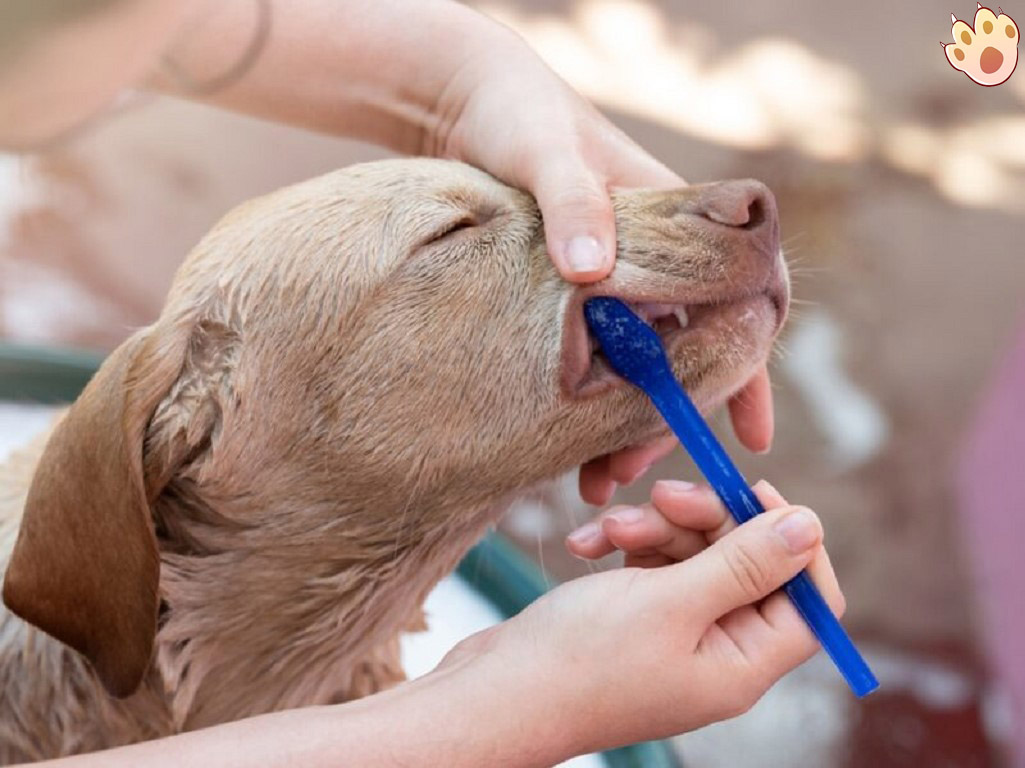
7.Veterinary Care And Health Checks for Older Dogs
Your older dog may need more frequent veterinary visits to monitor their health. We recommend that dogs older than 9 years have regular veterinary check-ups, as the vet can provide advice on senior dog care. Guide dogs are examined three times a month after they turn nine. If you have any concerns between regular check-ups, for example, if your dog suddenly lose weight, contact your vet as soon as possible.
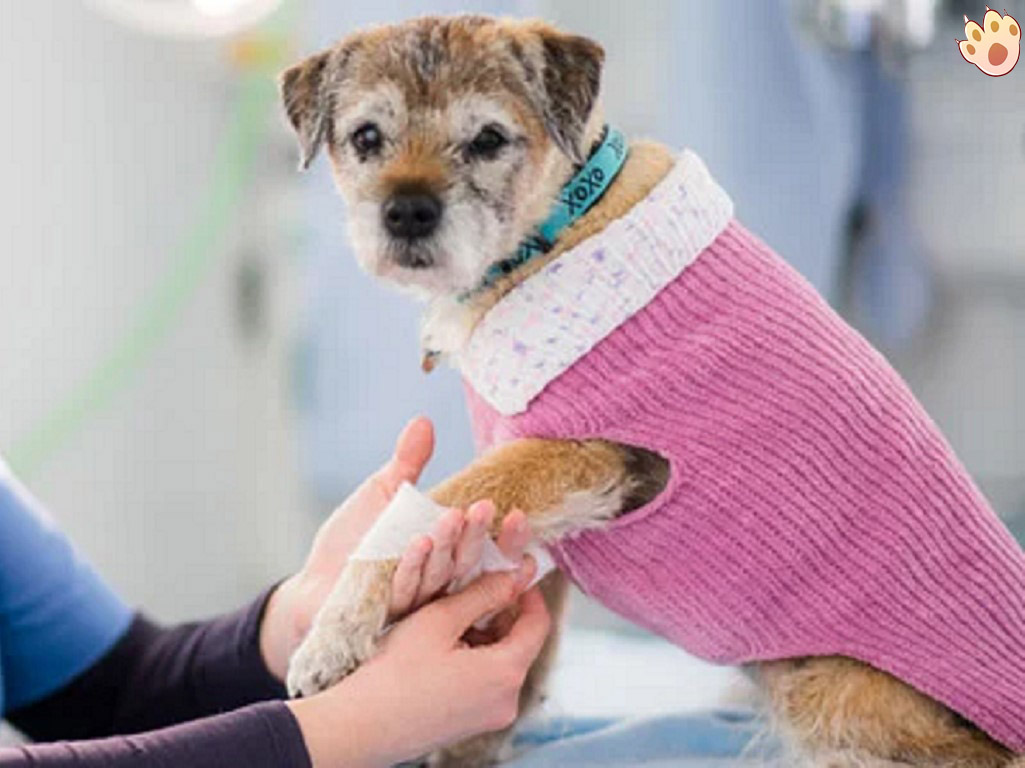
2018-2025 © PupsLover.All Rights Reserved.